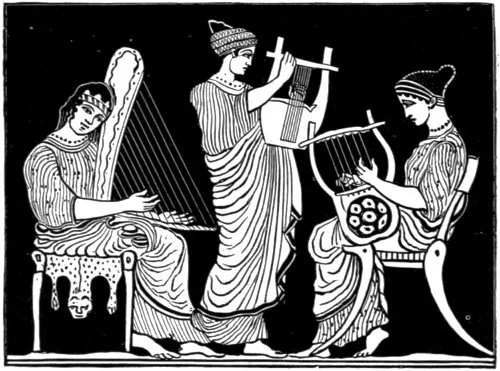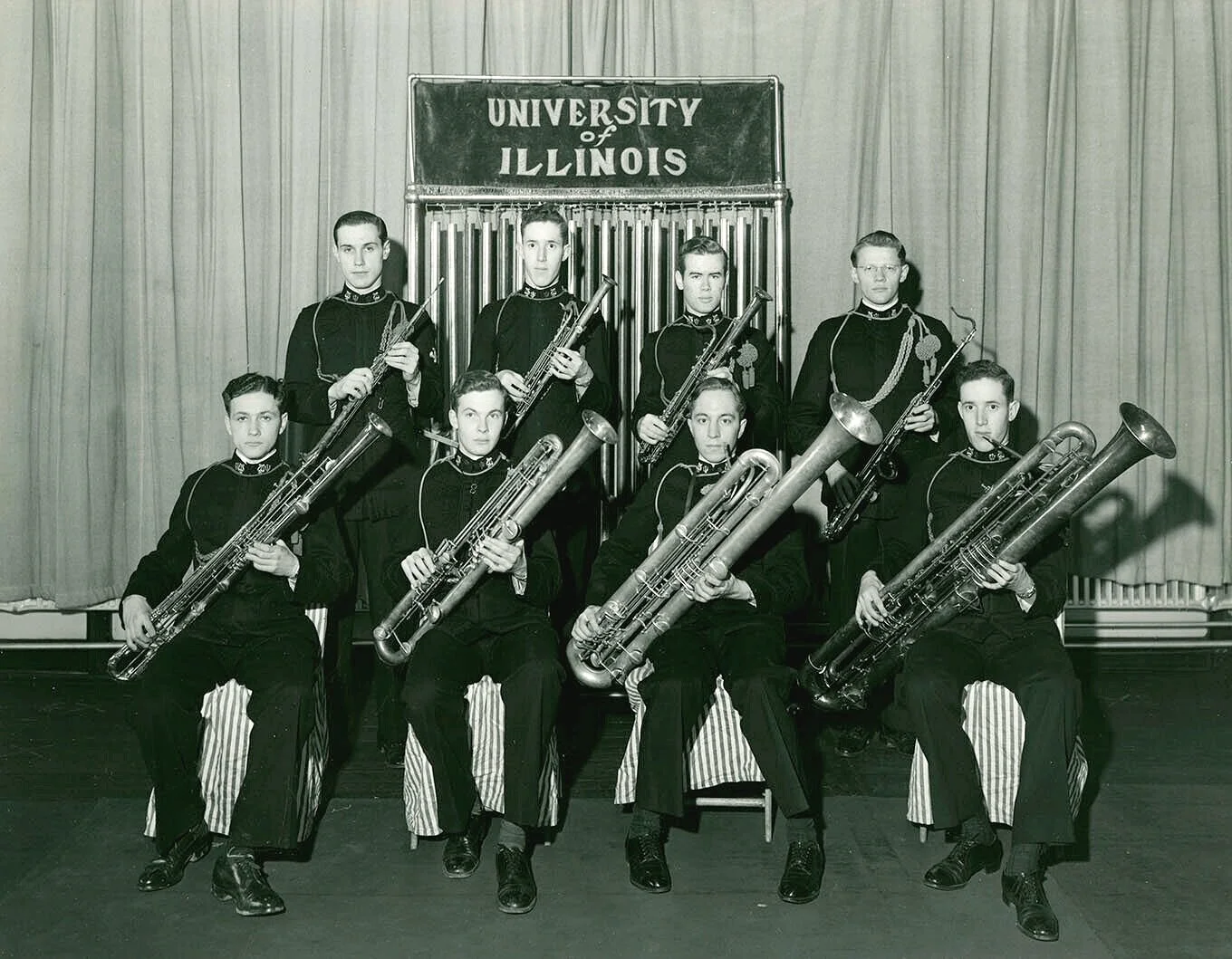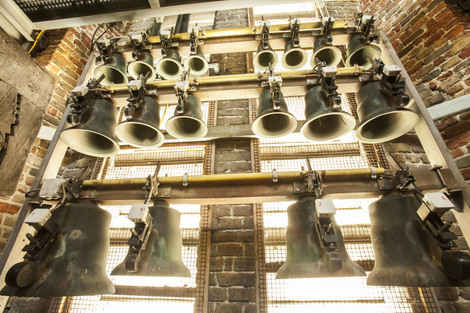Word of the Week: Craft, art, flower, a city and people, it’s a word used in different parts of speech, meanings and associations, it has a certain musical beauty to its sound but is surprisingly rare in song lyrics
Read moreWord of the week: damascene
Vintage damascene violin with interwoven silver and gold




















